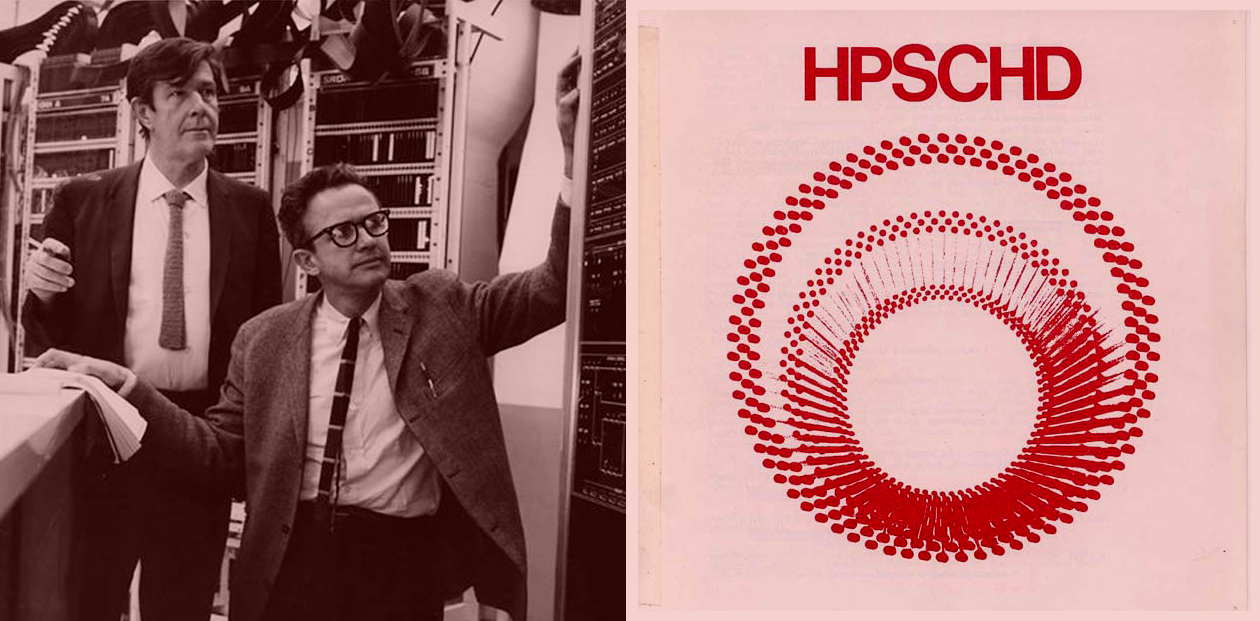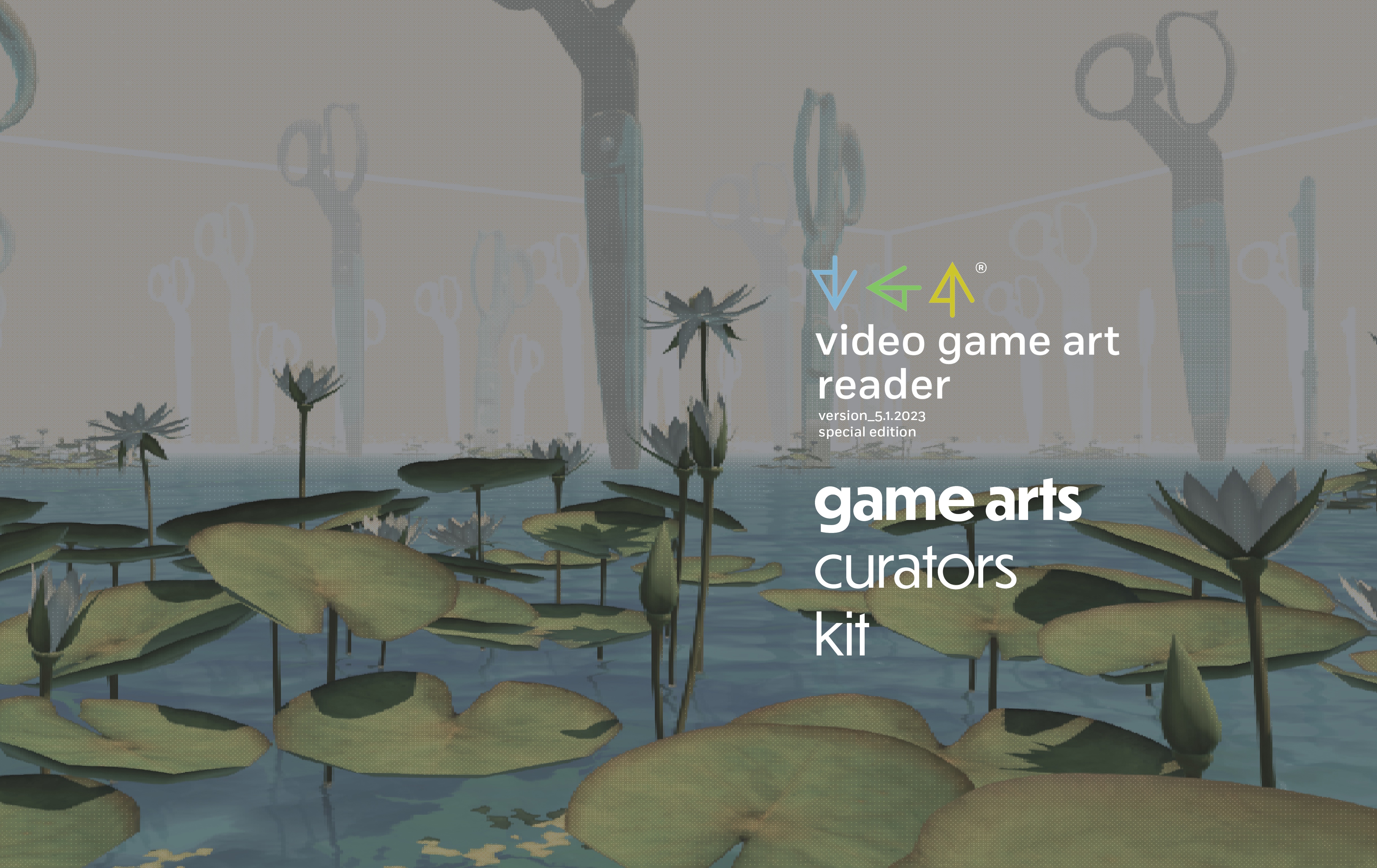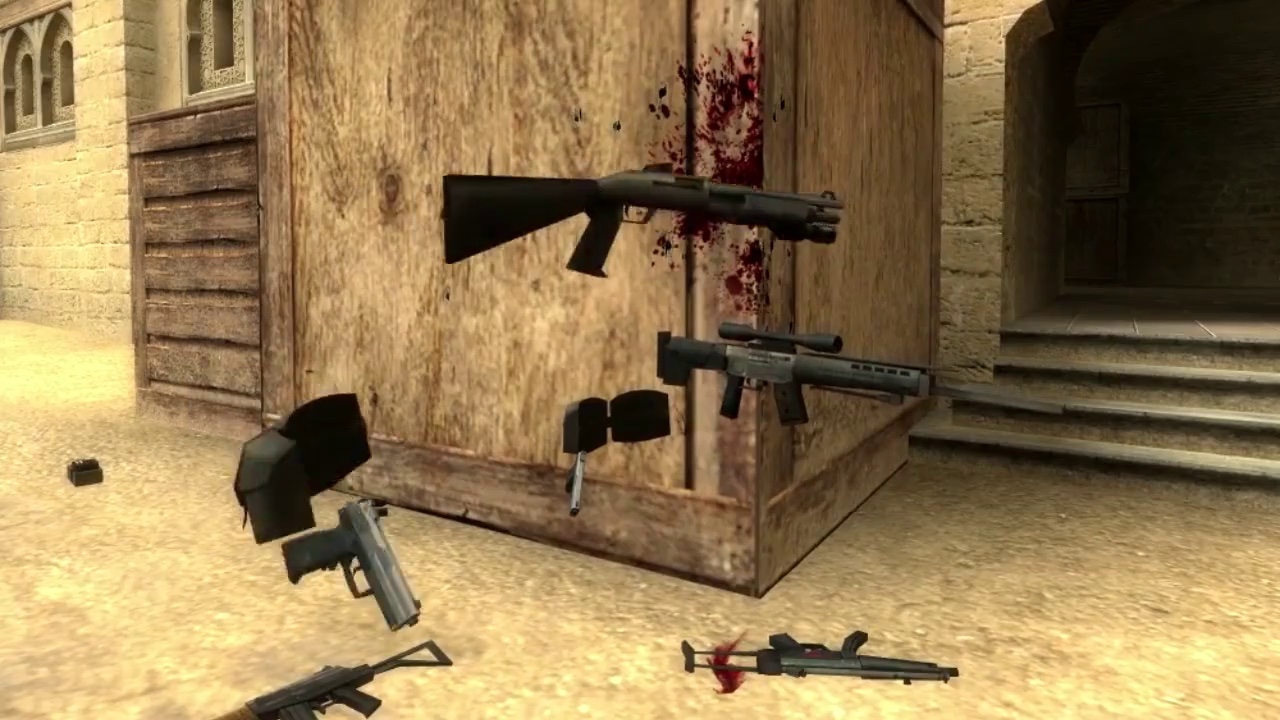HPSCHD
July 13th, 2023 by Tiffany Funk
HPSCHD (1967-1969)
I’m currently under contract with the University of Illinois Press to release my book, Zen and the Art of Software Performance: John Cage and Lejaren A. Hiller Jr.’s HPSCHD (title pending review). The expected release is mid-2024 (fingers crossed).
In the late 1960s, John Cage and Lejaren A. Hiller Jr. embarked on programming and organizing a participatory, computer-assisted music event larger than any before (and most after). The result, HPSCHD, constituted a crucial moment in the history of software in artistic practice. Engaging both Cage’s interest in indeterminacy as well as Hiller’s creative application of information theory in composition, the two collaborators programmed an event juxtaposing the mechanical simplicity of the harpsichord with the complex capabilities of a supercomputer to investigate procedural and ontological notions of chance operations. This ambitious multi-media performance was composed of seven solo pieces for harpsichord derived from processed works by Mozart, Beethoven, Chopin, Schumann, Gottschalk, Busoni, Schoenberg, Cage, and Hiller, 52 microtonal, computer-generated magnetic tapes, and over 8,000 slides and 40 films.

